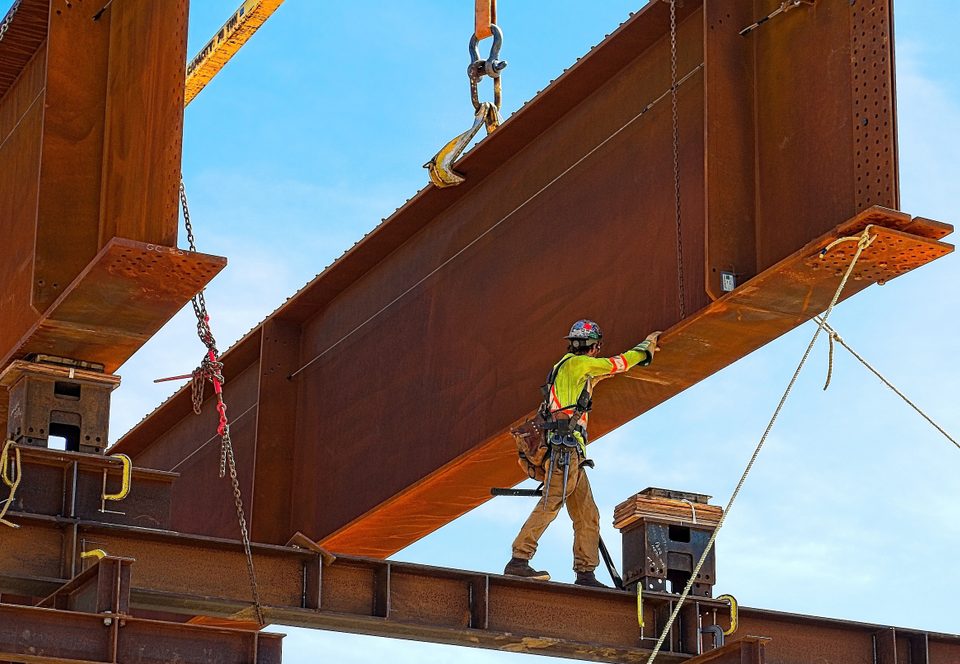Stainless Steel and Other BBQ Grill Grate Materials, Part 1

Steel Pipe Nominal Size, Scheduling and Differences, Part 2
August 14, 2020
Stainless Steel and Other BBQ Grill Grate Materials, Part 2
August 28, 2020At Wasatch Steel, we’re proud to provide quality steel products and steel services to a variety of client types. While many of our bulk steel orders are ideal for industrial projects and contractors, we also offer materials for smaller needs and even individual projects.
One example of a home project type we’re happy to assist clients with is choosing a new grill grate for your barbeque, a vital factor in any BBQ setup that helps define the quality of your cooking experience. Stainless steel is one of the top material choices often considered here, but it’s not the only one. This two-part blog series will dig into the factors that help you determine the best grill grate material type, with basic information plus some tips on important operational areas to be aware of.
Important Grill Grate Characteristics
What are the prominent characteristics you should be looking for in a grill grate? There are a few:
- Offering good heat transfer to cook evenly and create solid, even sear marks.
- The surface should either be fully non-stick or very easy to clean, as no one wants to spend hours cleaning their surfaces.
- It should be strong and durable, allowing it to last many years while cooking a variety of foods despite high temperatures.
Now let’s look at our top material choices.
Stainless Steel Grates
Stainless steel is often the top choice here for BBQ owners, as it’s both high-quality and also the most affordable option offered in most cases. Stainless steel grates are lightweight and easy to move, ideal for those who may want to lift them up and get at the coals under them. They also heat quickly, though heat retention can be a bit of an issue, and resist corrosion – though they do not entirely ward it off, and may degrade over time.
In addition, it’s possible wear-and-tear may make food stick to stainless steel over time. Luckily, these surfaces are easy to clean quickly.
Cast Iron Grates
For those looking for ideal heat retention and even cooking temperature, cast iron may be considered. It takes longer to heat up than steel, but does better with heat transfer.
Now, there are some potential downsides to cast iron grates. They’re very heavy, for one, meaning they can’t be moved as easily for coal access. They also require significant maintenance to avoid wear-down, plus tend to cost significantly more than stainless steel options. They also need to be seasoned to become non-stick. For these reasons, many stick with stainless steel based on price differences.
For more on choosing the ideal barbeque grill grate material, or to learn about any of our steel plate, sheet, bar or other steel materials, speak to the staff at Wasatch Steel today.



